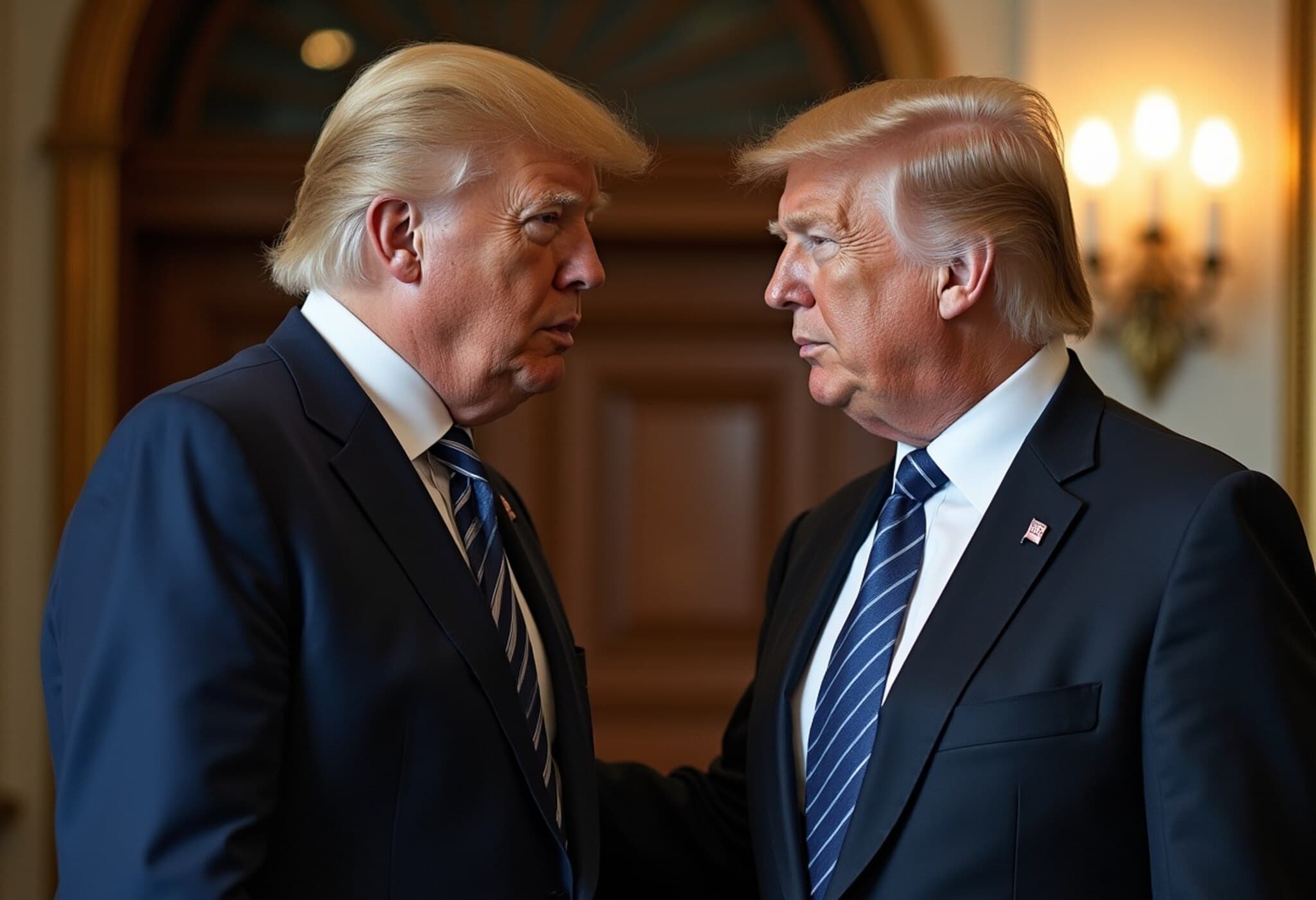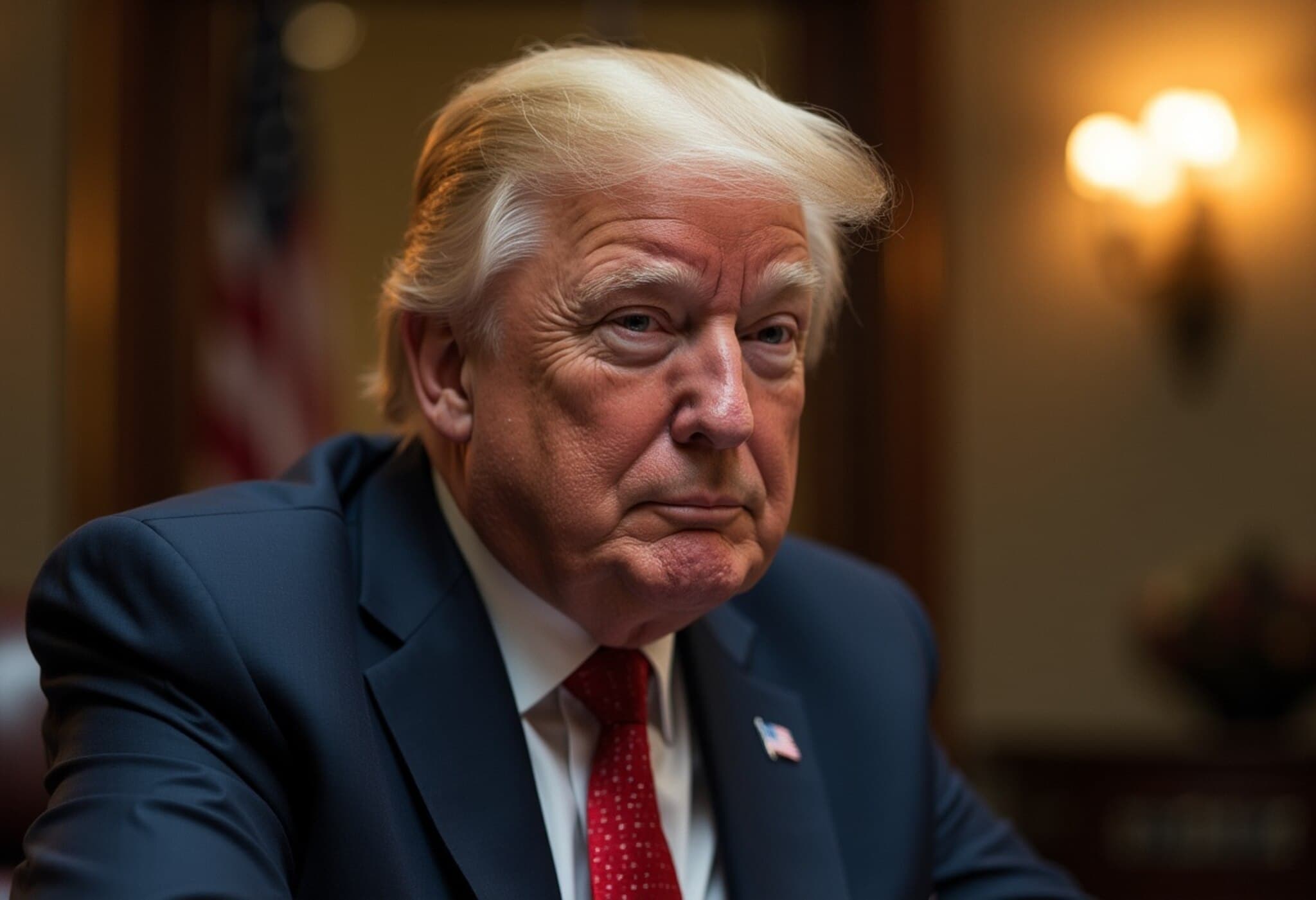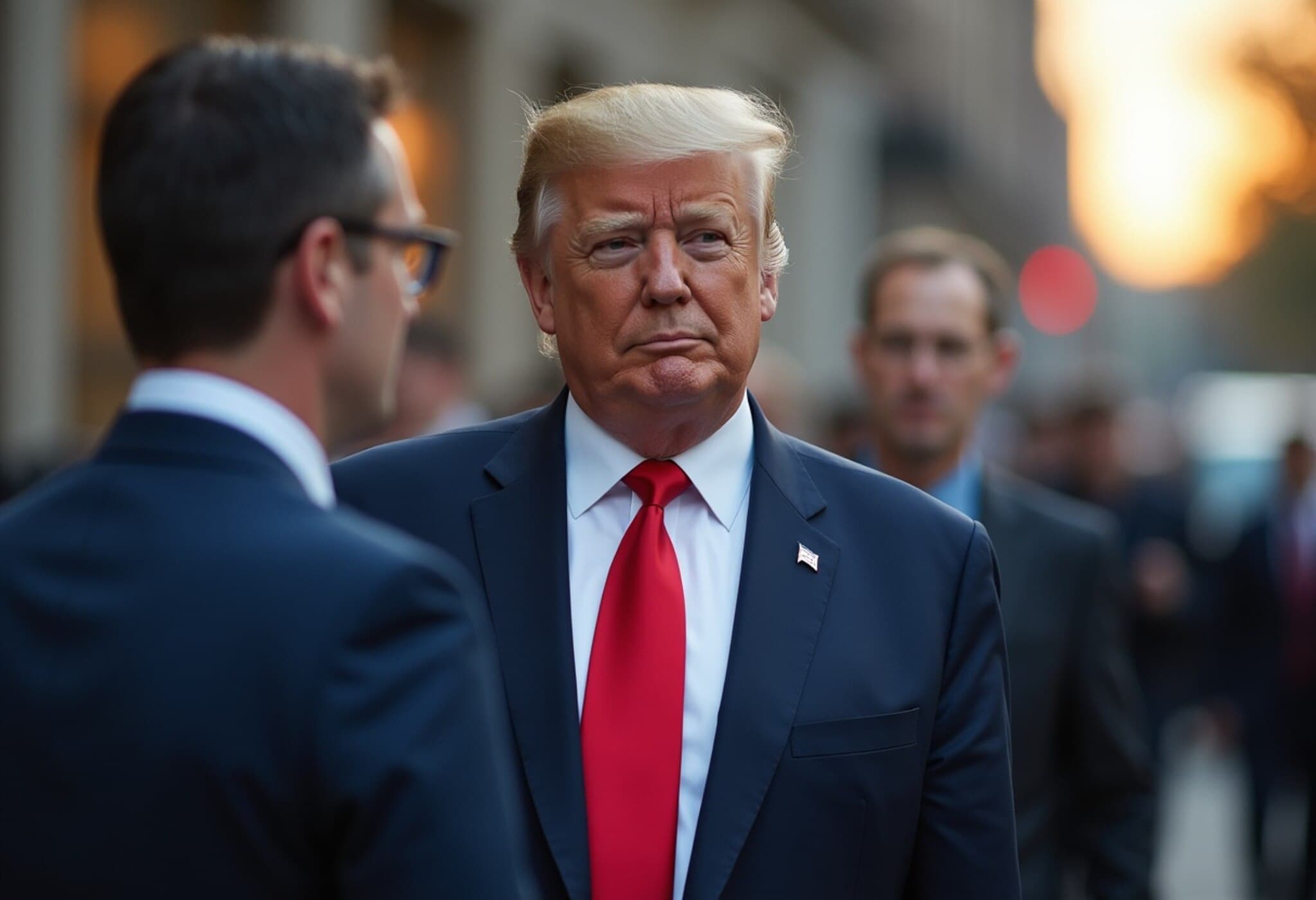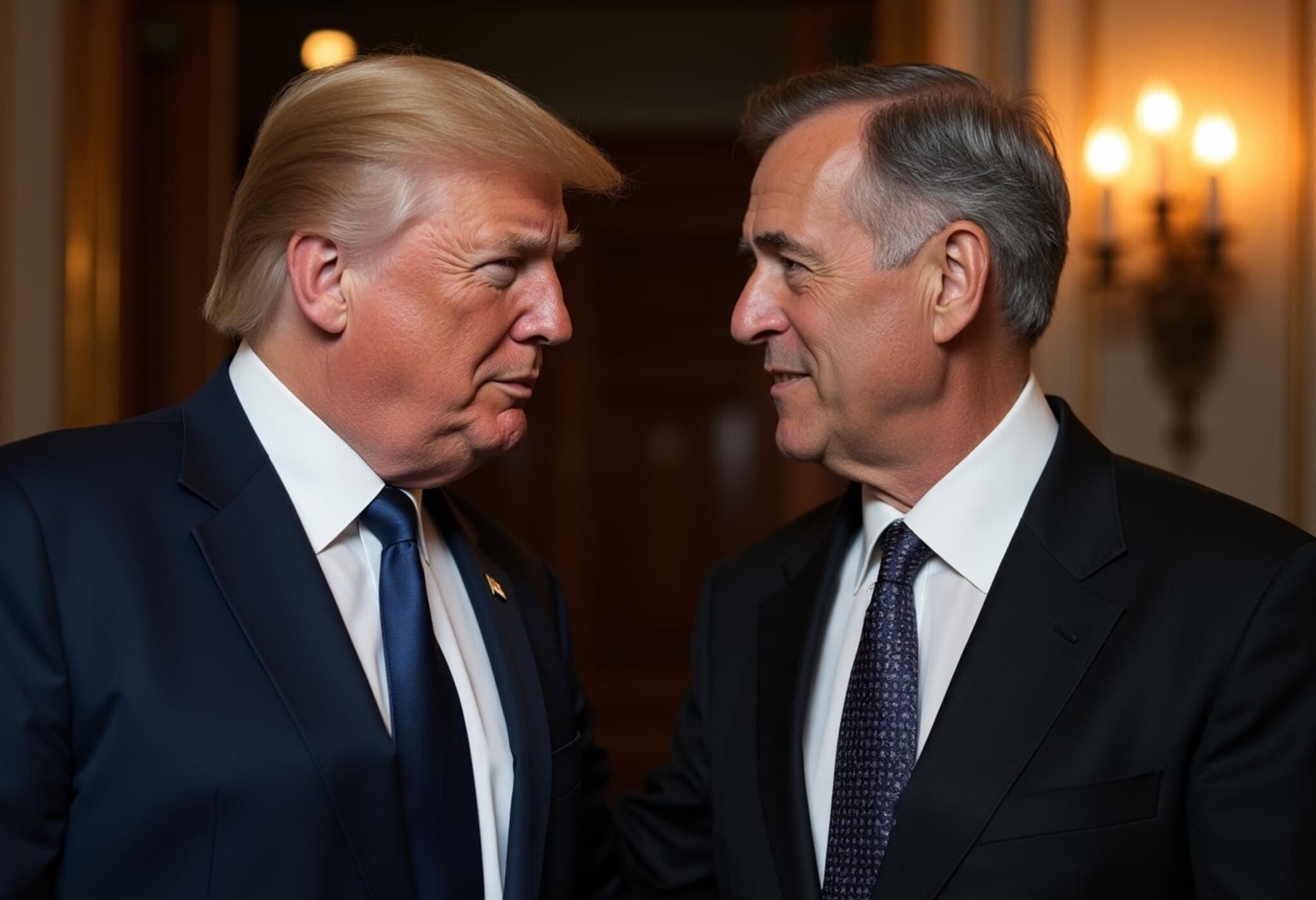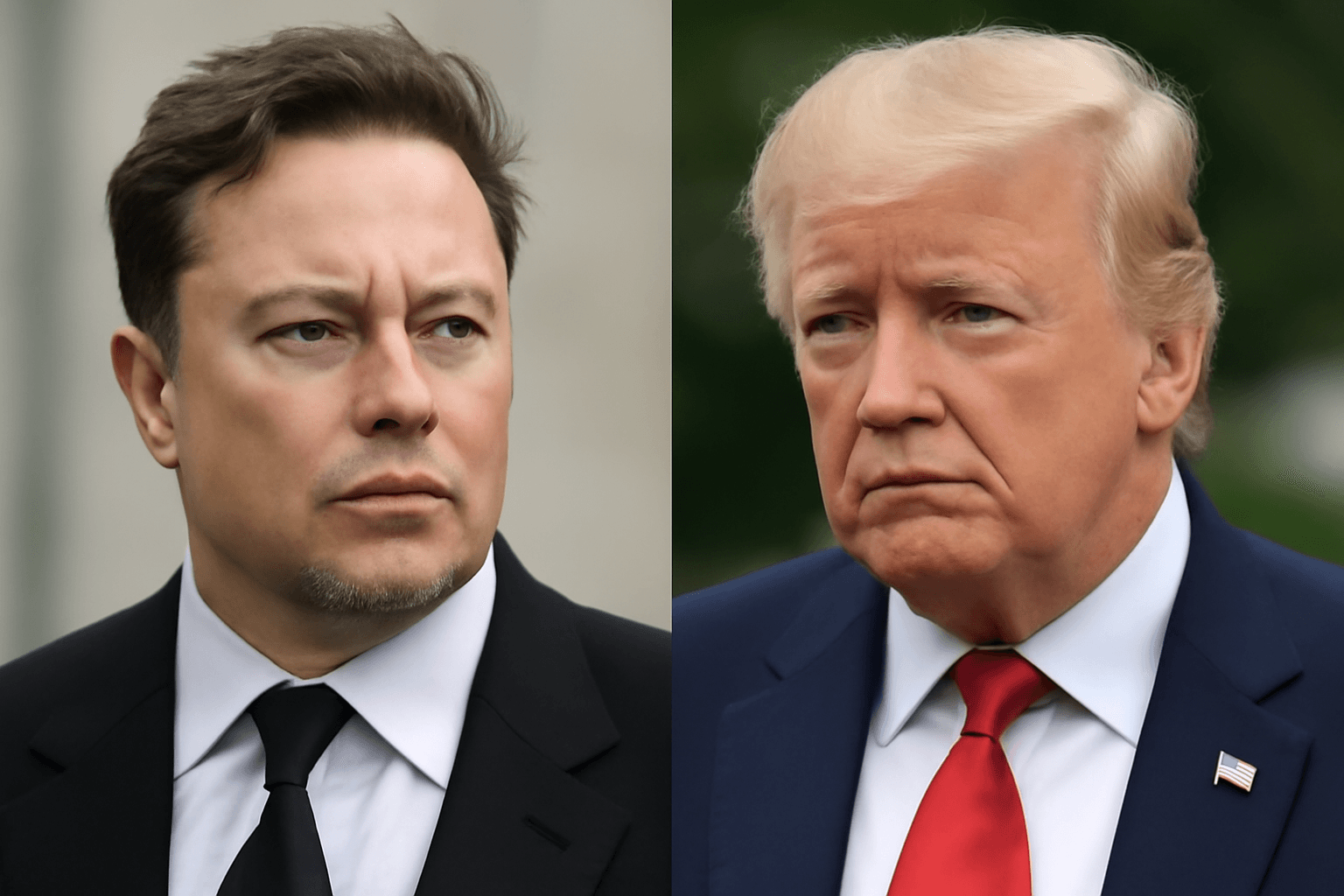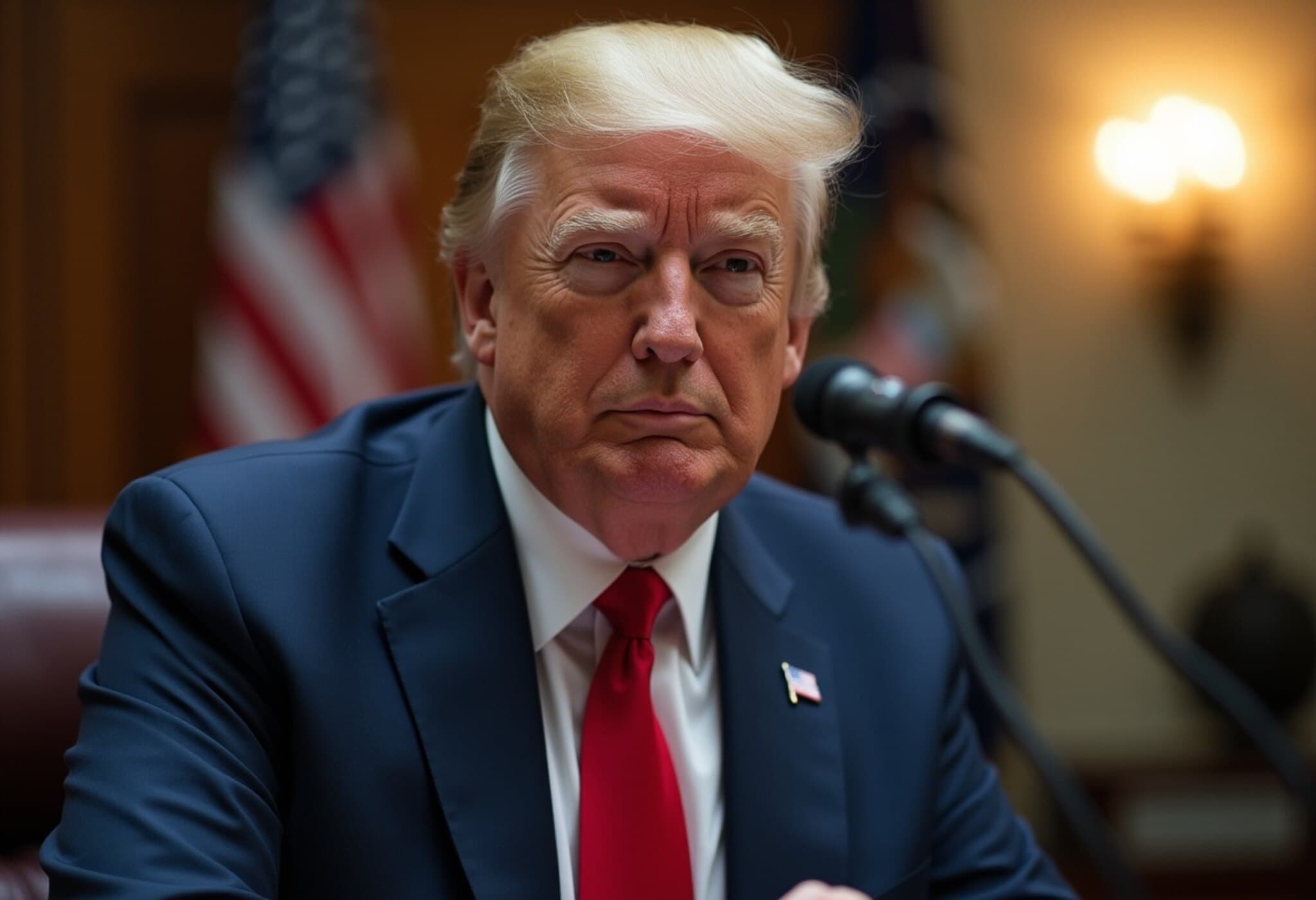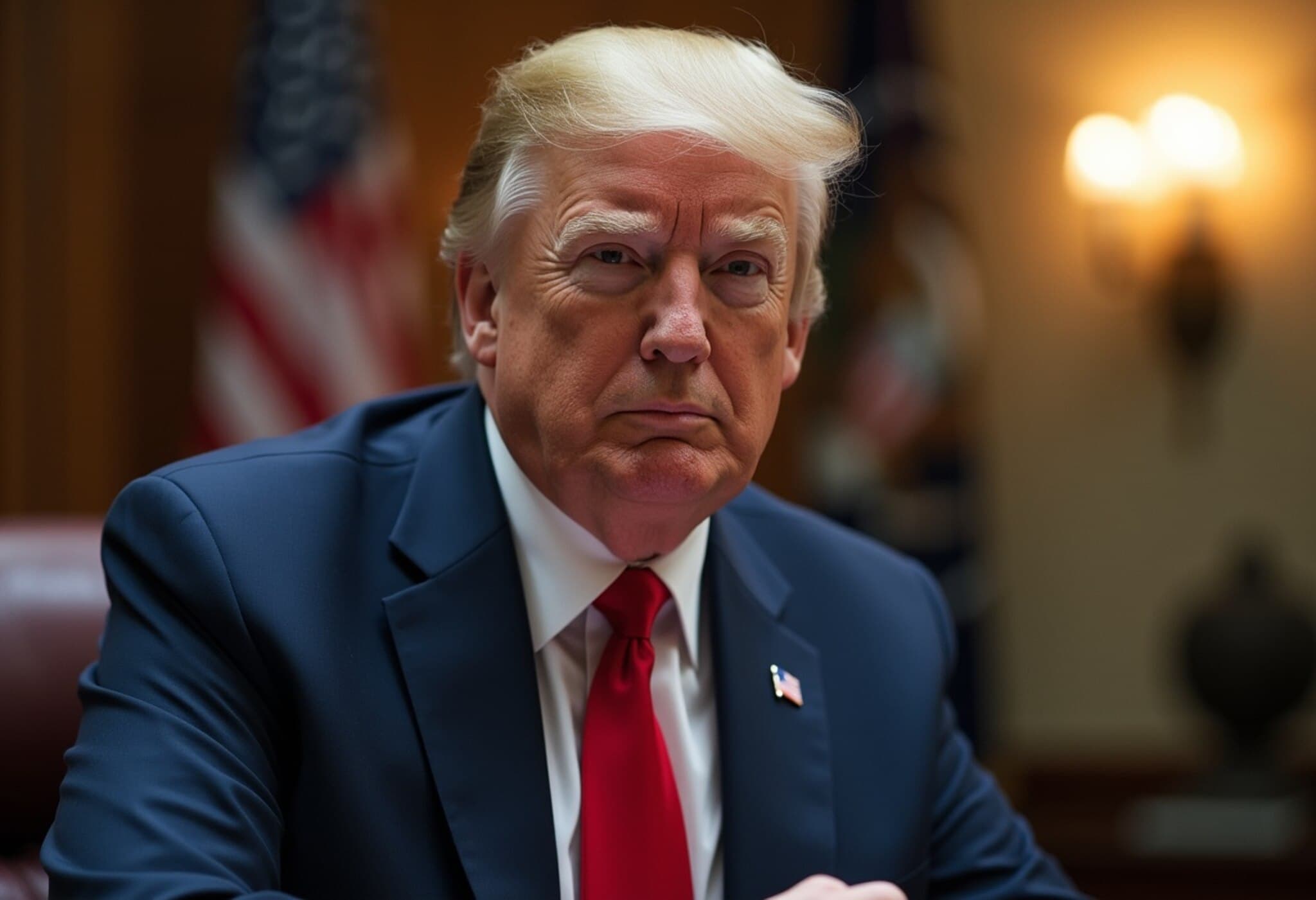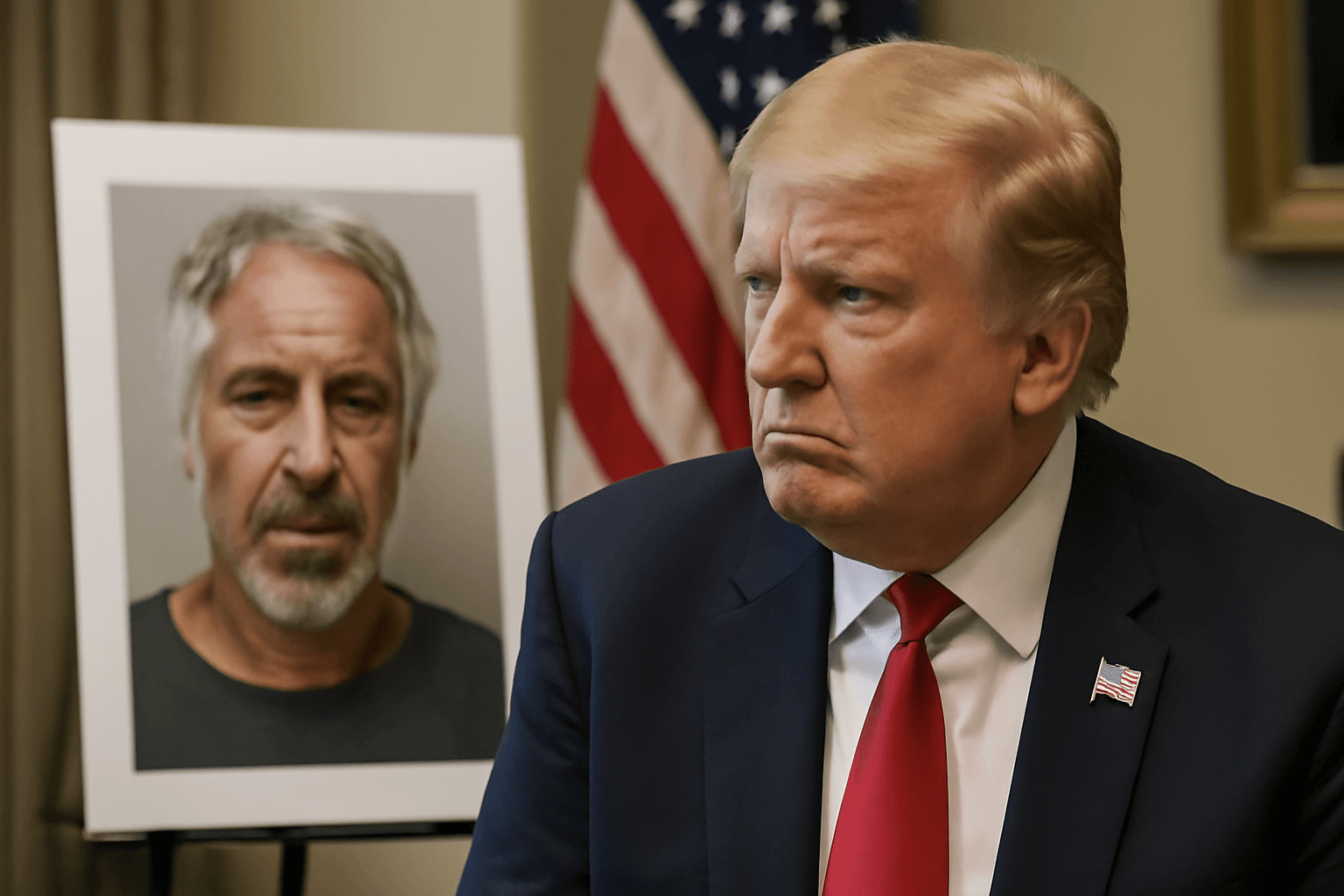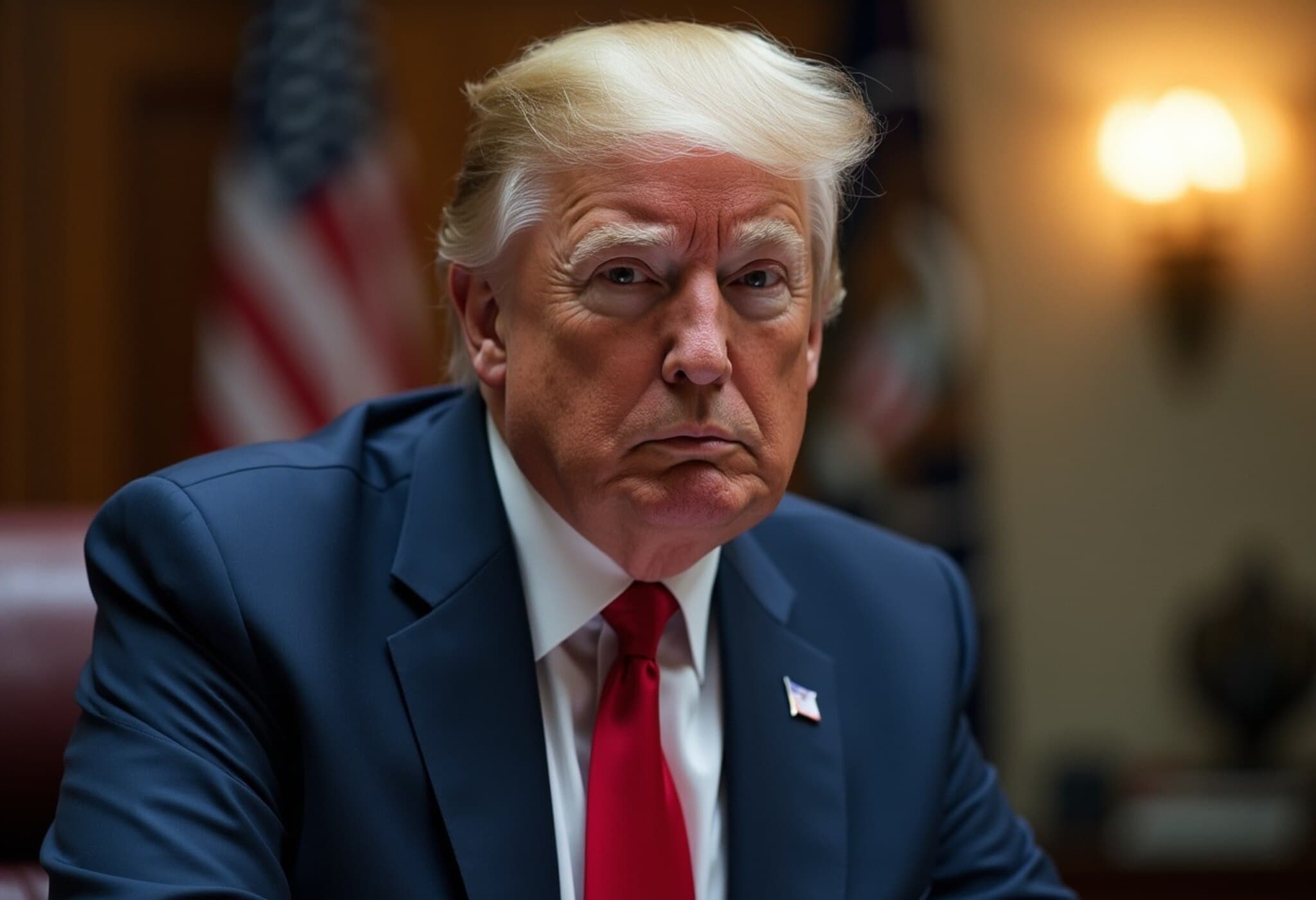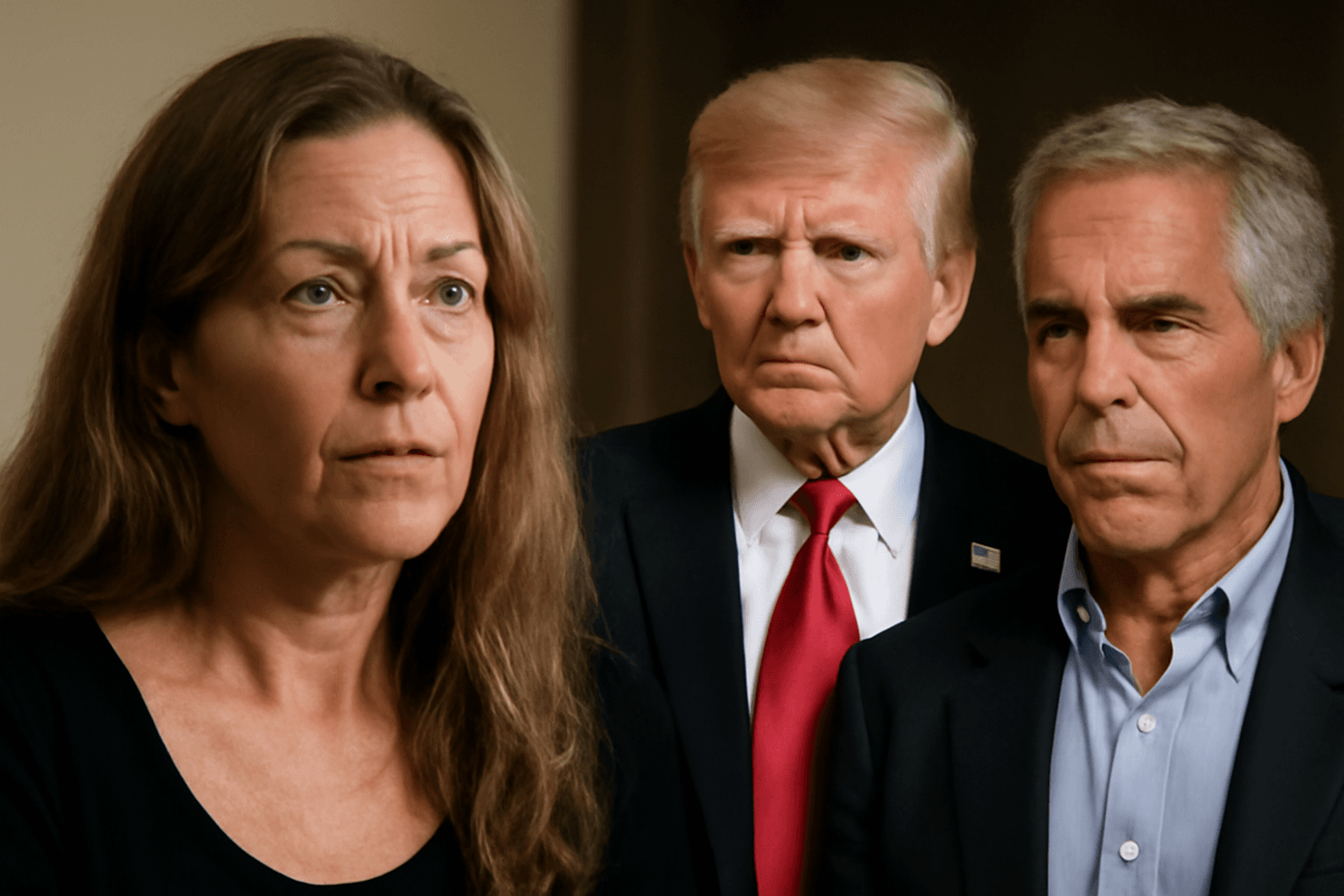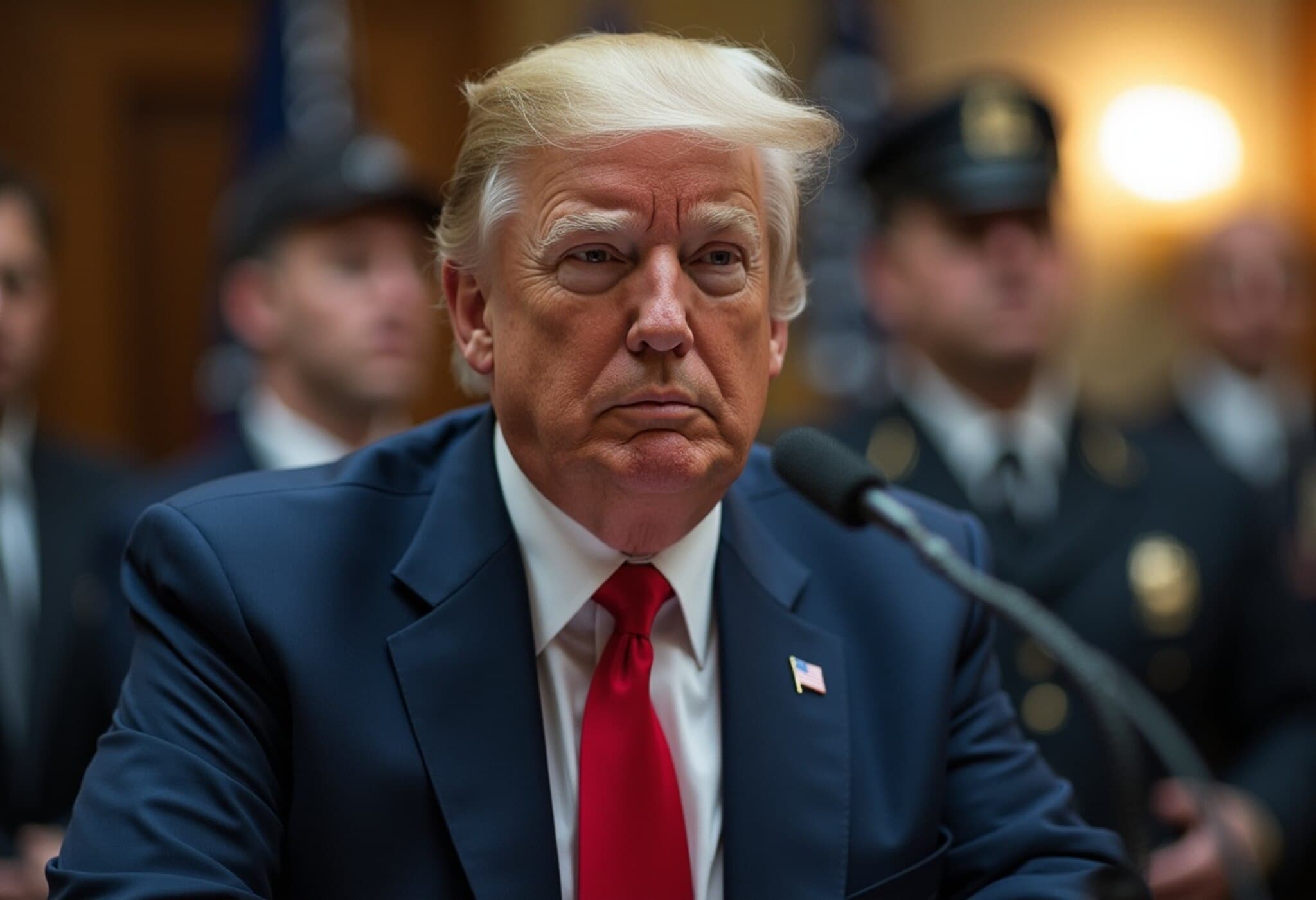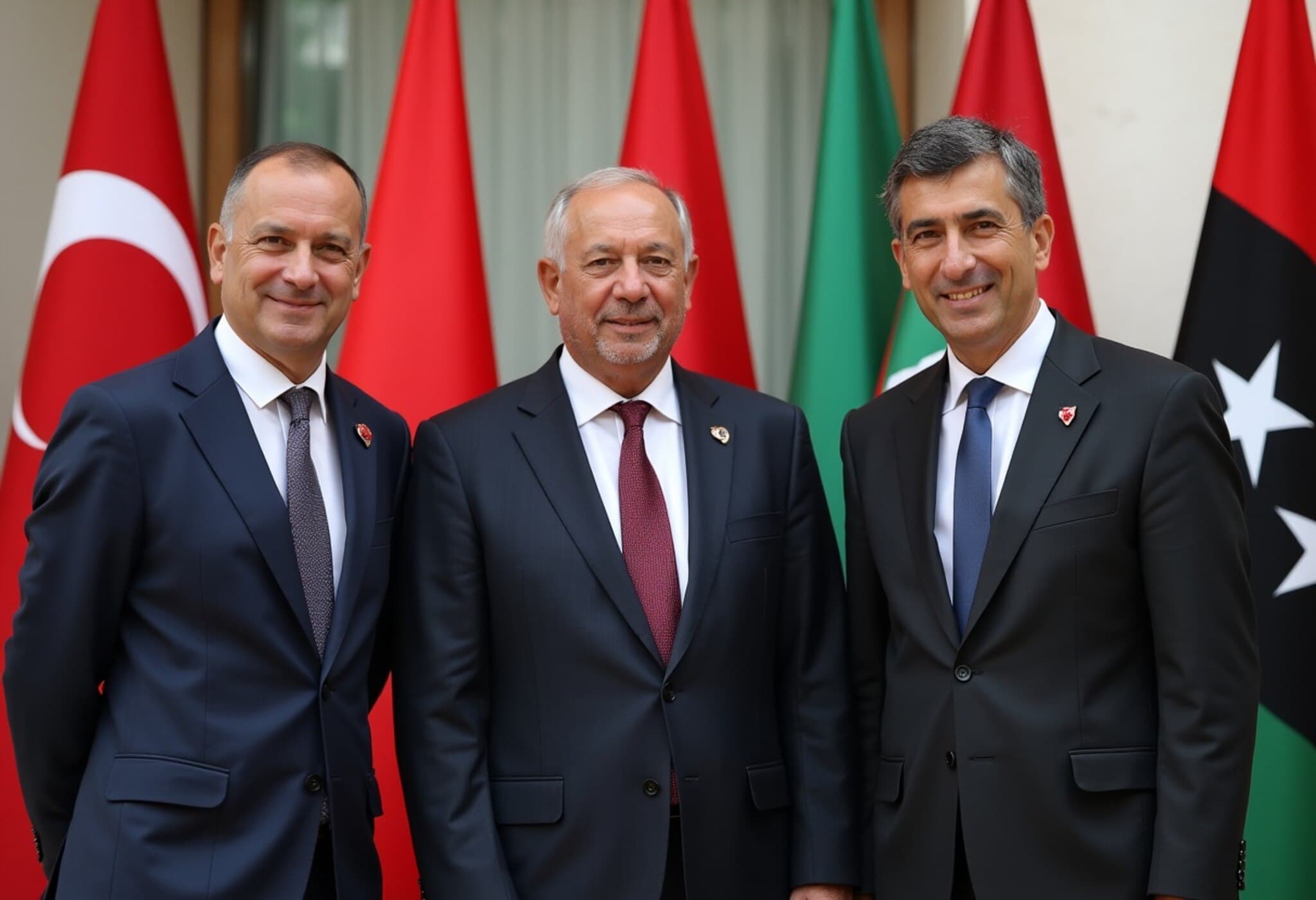The Tumultuous End of Epstein and Trump’s Friendship
In the tangled web of high-profile relationships and shadowy financial dealings, few stories are as striking as the alleged clash between Jeffrey Epstein and Donald Trump over a $36 million Palm Beach mansion. According to Michael Wolff, the acclaimed biographer known for his deep dives into political intrigue, this real estate dispute marked the turning point that set off a chain of events culminating in Epstein’s arrest and tragic demise.
Behind the $36 Million Mansion Dispute
Michael Wolff revealed that in 2004, Jeffrey Epstein believed he had secured a luxurious Palm Beach property for $36 million. In what seemed a gesture of camaraderie, Epstein even brought Trump along to discuss renovations for the estate’s swimming pool. However, instead of collaborating, Trump allegedly went behind Epstein’s back and purchased the mansion himself for $40 million.
"Epstein understood that he didn’t have $40 million to pay for this house," Wolff explained in a recent interview. “If that was the case, it was someone else’s $40 million.” Epstein reportedly suspected that the funds originated from Russian billionaire Dmitry Rybolovlev — a suspicion that gains weight given that less than two years later, the same house sold for a staggering $95 million, reportedly to Rybolovlev himself.
Money Laundering Allegations Raise Red Flags
Wolff characterized these transactions as a “red flag of money laundering,” indicating a possible laundering scheme involving Russian oligarchs and powerful American figures. The sudden escalation in property value and the convoluted financial trails painted a picture ripe for investigation.
A Friendship Unraveled: From Threats to Alleged Betrayal
Fuelling the tensions, Epstein allegedly threatened Trump with lawsuits and public accusations, claiming Trump was merely a frontman in a money laundering operation linked to the mansion deal. Wolff’s account portrays a panicked Trump, ultimately tipping off authorities about Epstein’s activities.
“Epstein believed, and he believed to his dying day, that it was Trump who went to the police… fully acquainted with what was going on at Epstein’s house… dropped the dime on him,” Wolff stated. This alleged betrayal, if true, dramatically reframes the narrative around their association, suggesting Trump’s involvement was more complicated than public statements suggest.
Contextualizing Epstein’s Arrest and Death
Epstein was arrested in 2019 shortly after returning from Paris and subsequently died in jail, an event shrouded in controversy and conspiracy theories. Wolff’s biography hints that the fallout from the mansion dispute and Epstein’s ensuing threats directly contributed to the unraveling of his empire and legal downfall.
Additional Layers: The Maxwell Connection and More
Beyond the mansion saga, Wolff’s investigative work links Trump to Ghislaine Maxwell, Epstein’s close associate, suggesting the Maxwell family may have leaked sensitive information to the press as a warning. He also revealed Epstein played a role in introducing Melania Trump to Donald Trump — weaving an intricate mesh of social connections that further complicate the story.
Examining the Impact on Public Perception
While Trump has publicly distanced himself from Epstein and Maxwell, lingering questions persist over the true nature of their relationships and their potential implications for legal and political narratives in the U.S. The allegations evoke broader discussions about power, privilege, and accountability in elite circles.
Expert Insights: What This Means for Policy and Public Trust
From a legal and policy perspective, the allegations underscore the urgent need for transparent investigations into financial crimes linked to influential figures. The case also highlights how personal disputes can escalate into significant legal battles with national security and justice implications.
For the American public, these revelations stir debates about the effectiveness of law enforcement oversight and the role of the wealthy in potentially circumventing justice.
Conclusion
The Epstein-Trump mansion dispute story remains a compelling chapter in the broader narrative of power, secrecy, and betrayal. Michael Wolff’s revelations invite readers to look beyond surface-level accounts and consider the complex intersections of money, influence, and law that shape such headline-making events.
This unfolding saga raises essential questions about accountability within elite networks. How do personal rivalries trigger broader legal consequences? What does this reveal about the intersection of wealth and justice in America? As investigations continue, public scrutiny remains vital to ensure transparency and trust in institutions entrusted with upholding the law.

